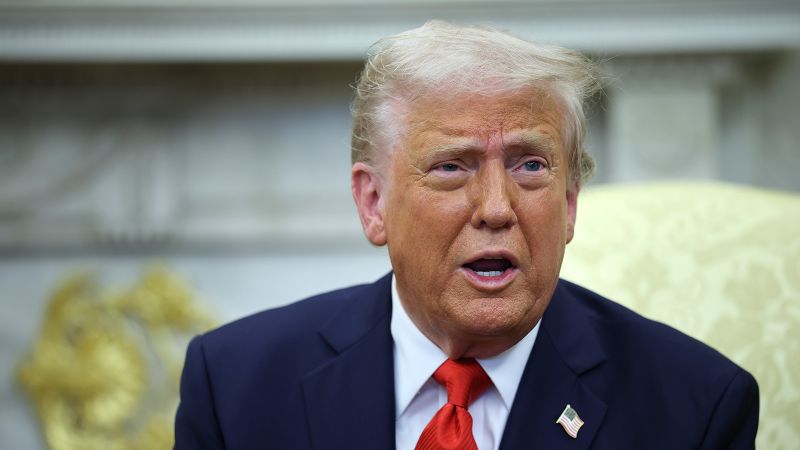President Donald Trump’s new term has seen a significant escalation in his confrontations with key institutions that challenge his authoritative tendencies. From the courts to the legal profession, elite education, and the media, the Trump administration is asserting presidential authority in a more overt manner than any modern White House. This approach, characterized by expansive interpretations of statutes and questionable reactions to judicial rulings, raises concerns about its impact on the rule of law, freedom of expression, and the Constitution.
In a recent meeting with President Nayib Bukele of El Salvador, Trump displayed admiration for authoritarian leadership styles, hinting at potentially harsh measures akin to Bukele’s actions, such as suspending parts of the constitution and imprisoning individuals without due process. Furthermore, Trump’s administration is facing backlash for defying court orders related to deportation cases, leading to potential constitutional crises with the judiciary.
Moreover, Trump’s efforts to exert influence over elite law firms, universities, and the media reflect a broader strategy to consolidate power and challenge established norms. While some institutions like Harvard University have resisted administration demands, others have complied, showcasing a pattern of resistance and submission to Trump’s policies. The growing sense of a constitutional collision looms large as Trump continues to push boundaries and test the limits of executive power.

